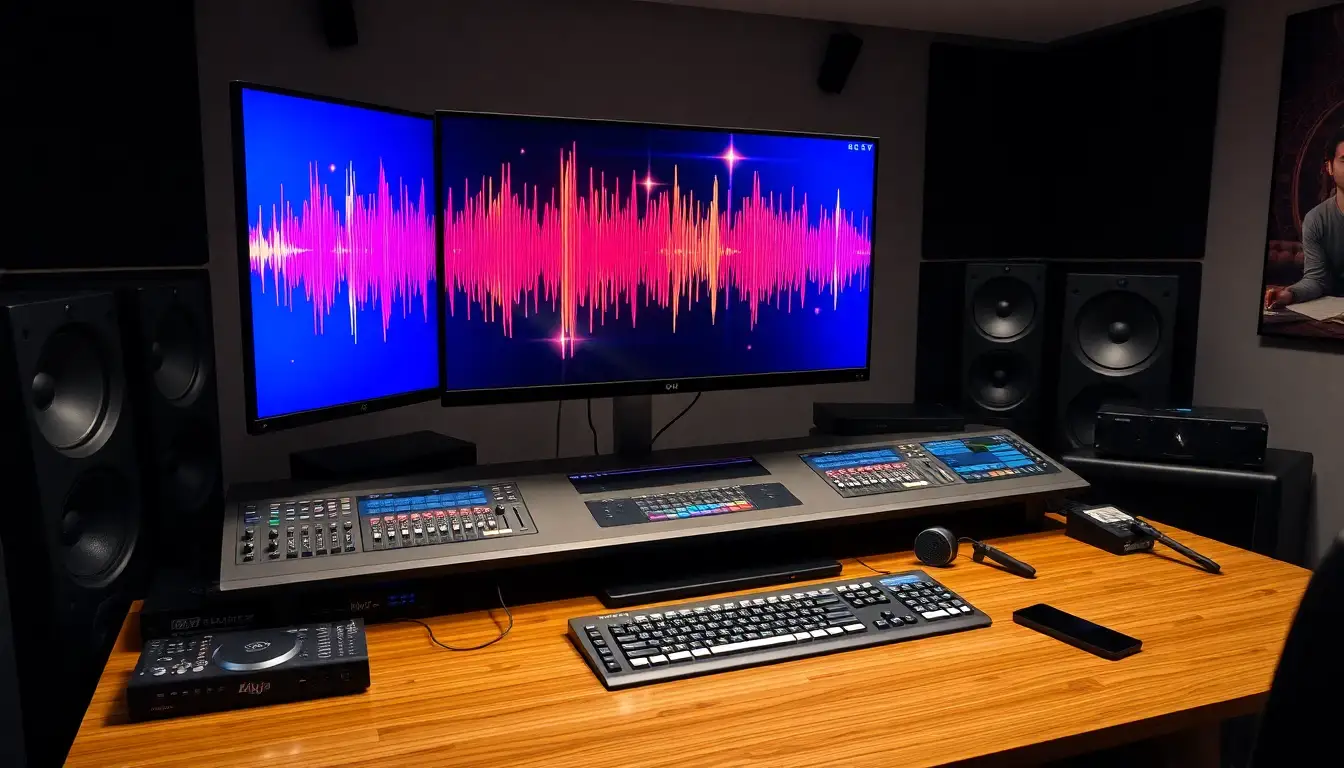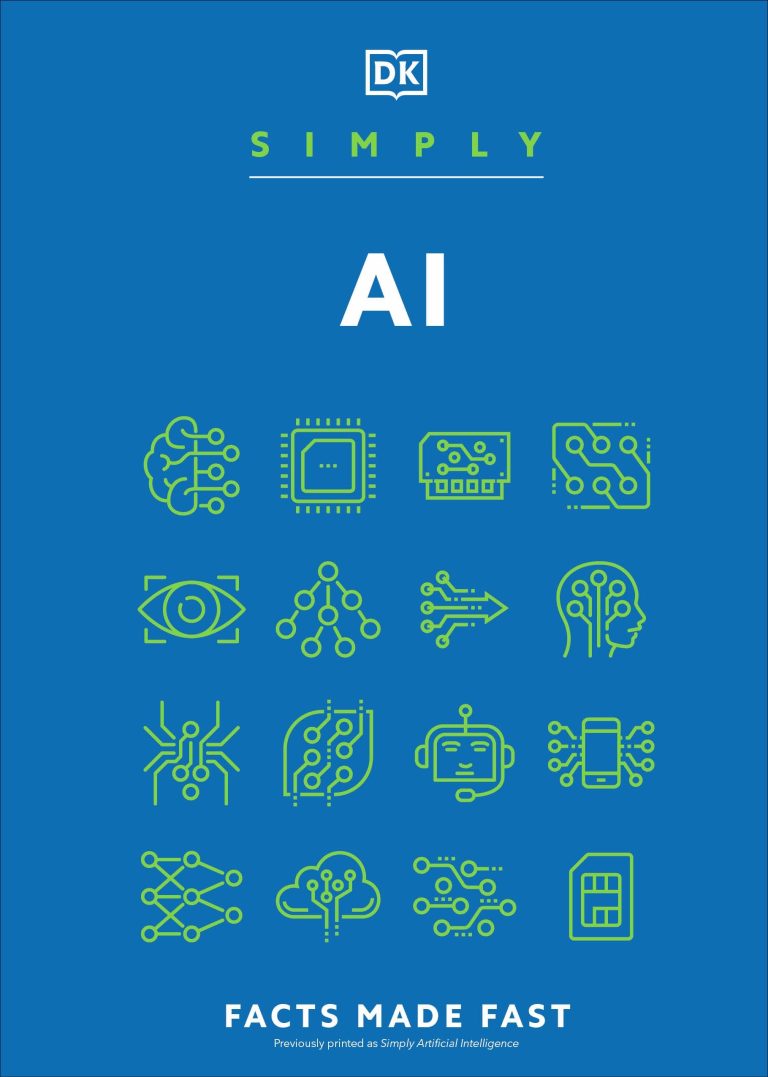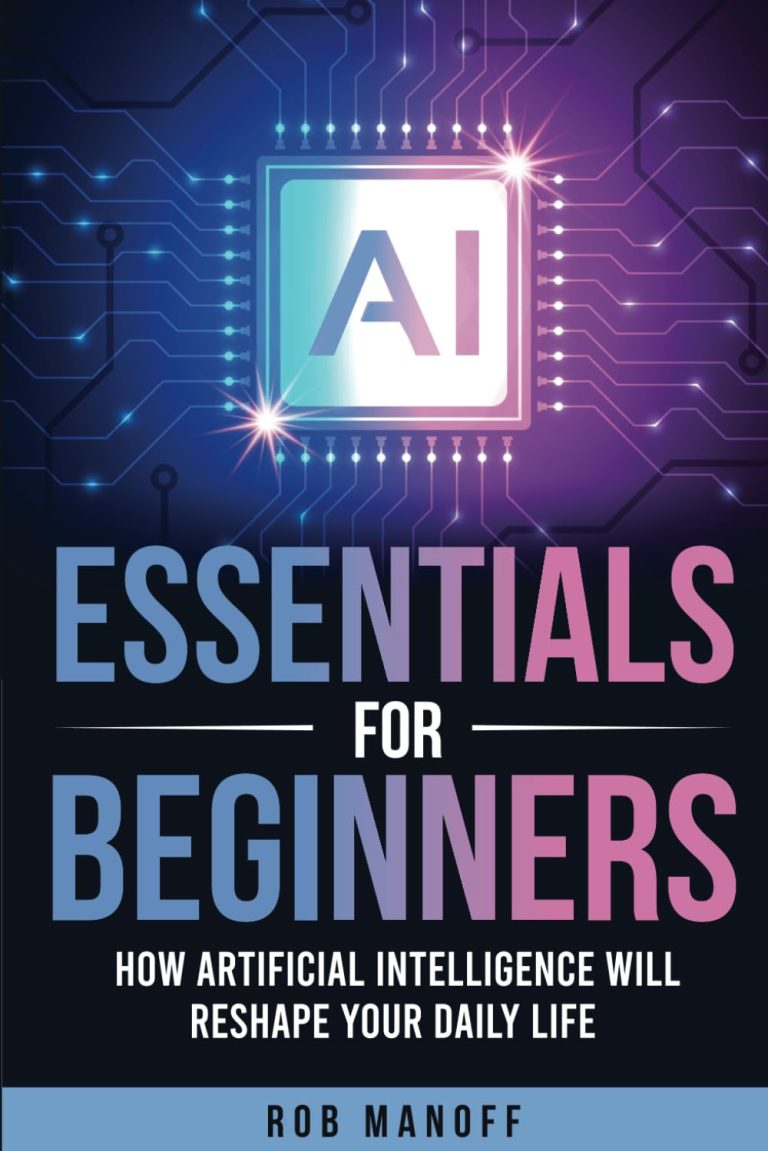
Now loading...
Stockholm-based music licensing company Epidemic Sound has unveiled a new artificial intelligence tool named Studio, designed to automatically produce synchronized soundtracks for videos by combining human-created music with sound effects.
The product, announced on Tuesday, builds on the firm’s recent innovations in AI-assisted audio creation. It follows the introduction two months ago of a soundtracking assistant and an editing feature called Adapt, which enables users to customize licensed tracks while ensuring artists receive fair compensation through an expanded royalty pool.
Studio works by examining uploaded video footage and crafting a complete audio layer from Epidemic Sound’s extensive library, incorporating background noises and specialized foley elements. The system leverages insights from more than three billion daily streams on digital platforms to align sounds precisely with on-screen action, delivering a unified and copyright-compliant result.
Sam Hall, the company’s chief product officer, highlighted the tool’s efficiency, noting that producing audio for a brief one- to three-minute clip can consume up to five hours, often leading creators to skip essential effects. He described Studio as a time-saver that allows users to prioritize their creative vision and unlock audio’s full impact on content quality.
Hall added that the launch marks the start of a broader ecosystem for intelligent audio production, grounded in ethical AI practices that support rather than supplant human ingenuity.
Epidemic Sound’s CEO, Oscar Höglund, emphasized the company’s philosophy that AI should augment artistic expression. He said Studio frees creators to concentrate on narrative elements while sustaining opportunities for musicians to connect with audiences and monetize their work. Höglund envisioned it as a key advancement in blending technology with human talent to foster innovative storytelling.
Videographer and YouTube creator Matt Yutoshi praised the tool for streamlining soundtrack development, which he called crucial to a video’s success. He appreciated how it evokes the right mood without the hassle of rights clearance or prolonged searches, all while crediting original performers appropriately.
The initiative aligns with Epidemic Sound’s strategy to develop a comprehensive platform for audio integration. Its subscription model grants creators and brands unrestricted access to the catalog, mitigating legal risks around intellectual property.
This development occurs amid growing adoption of AI across the music sector. Streaming service Deezer disclosed in September that AI-generated songs now account for 28 percent of daily uploads, equating to about 30,000 tracks—a rise from 20,000 in April and 10,000 in January.
Major label Universal Music Group recently resolved a copyright dispute with AI platform Udio through a settlement and partnership aimed at licensed music generation and distribution. The agreement follows a broader industry lawsuit filed by the Recording Industry Association of America on behalf of the big three labels against Udio and rival Suno for alleged widespread infringement.
Epidemic Sound positions its AI efforts as a means to improve creative workflows and prioritize human contributions. Earlier this year, the firm acquired Song Sleuth, a startup specializing in AI-driven music identification, to better track and revenue-share user-generated content.
Building on that purchase, Epidemic Sound introduced Aentidote, a service targeting undistributed royalties from remixes, covers, and performances—addressing persistent gaps in the industry’s revenue collection known as the “black box.”


